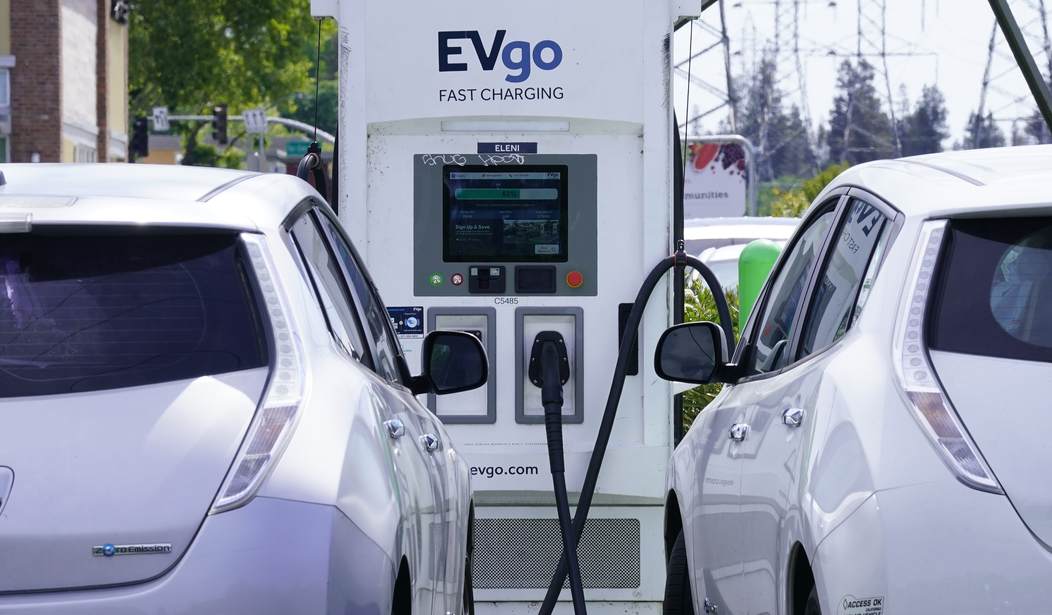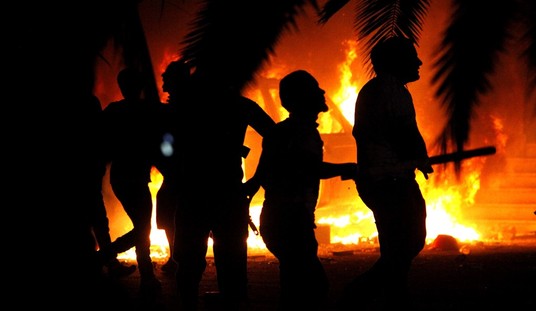Unless you live in a cave somewhere off the grid you’ve been made aware of the subject of climate change and the various theories regarding it. If you consume any news at all you’ve been inundated with it. Most of the mainstream news networks have essentially adopted it as a religion and a significant portion of the people in Congress (and the White House) rarely stop going on about it. But what does the average person on the street think about how climate change affects them personally? And perhaps more importantly, do they think that they are personally responsible – even in part – for whatever changes may or may not be taking place in the planet’s biosphere? According to a new Associated Press – NORC poll, people aren’t as caught up in it as they used to be.
Americans are less concerned now about how climate change might impact them personally — and about how their personal choices affect the climate — than they were three years ago, a new poll shows, even as a wide majority still believe climate change is happening.
The June Associated Press-NORC Center for Public Affairs Research poll, which was conducted before Congress passed the Inflation Reduction Act on Friday, shows majorities of U.S. adults think the government and corporations have a significant responsibility to address climate change. The new law will invest nearly $375 billion in climate strategies over the next decade.
Overall, 35% of U.S. adults say they are “extremely” or “very” concerned about the impact of climate change on them personally, down from 44% in August 2019. Another third say they are somewhat concerned. Only about half say their actions have an effect on climate change, compared with two-thirds in 2019.
So a little more than a third of Americans are either “extremely” or “very concerned” over how climate change will personally impact their lives. Roughly the same percentage are a bit more ambivalent about it. To be sure, 35% isn’t an insignificant amount of people, but it’s still almost ten percent less than felt that way in 2019. An unsurprising demographic trend in the survey showed that Black and Hispanic Americans were more likely to be very worried than white and Asian people. Women were somewhat more likely than men and – obviously – Democrats were far more likely than Republicans.
But what about personal responsibility? Are your actions causing these issues, assuming you find them to be issues? Less than half (45%) think it’s their responsibility to “help fight climate change” while two-thirds believe it’s the job of the government and large corporations. When asked whether or not this is a top priority for them, very few put it near the top of the list.
That last factoid probably explains at least part of the decline in these numbers that has clearly alarmed liberals. After everything that’s happened since the beginning of 2020, so you really think that carbon emissions are near the top of anyone’s list? And for those who have been following the news closely, it probably seems like a futile effort anyway, even if you are very concerned about the potential of human-driven climate change. America has already driven itself into an economic ditch while driving large decreases in carbon emissions, but countries like China and India are responsible for vastly larger portions of global emissions and do little or nothing about it. What’s the point, right?
That seemed to be a common theme among many of the people the AP interviewed for this survey, including some who thought it was a very serious problem. What can one person do to impact a global phenomenon? Concern clearly wasn’t able to transfer to concrete action for most of them. The number of Americans who either have solar panels on their roof or drive an electric vehicle is barely one in ten. That’s understandable because those are significant investments to ask people to make, particularly during a recession when prices are climbing. And as I already said, most of us have plenty of other pressing concerns to deal with.
The rank-and-file citizens also don’t have many powerful people to look up to because they lead by example. Ask anyone on the streets how climate guru John Kerry gets around and they’ll be able to tell you that he travels by private jet. Also, one of the big dangers of climate change is supposed to be rising sea levels that will wipe out coastal communities, right? But where do most wealthy people, including the Obamas live? Oh, that’s right. On the coast. That probably brings a bit of perspective to many of us.








Join the conversation as a VIP Member